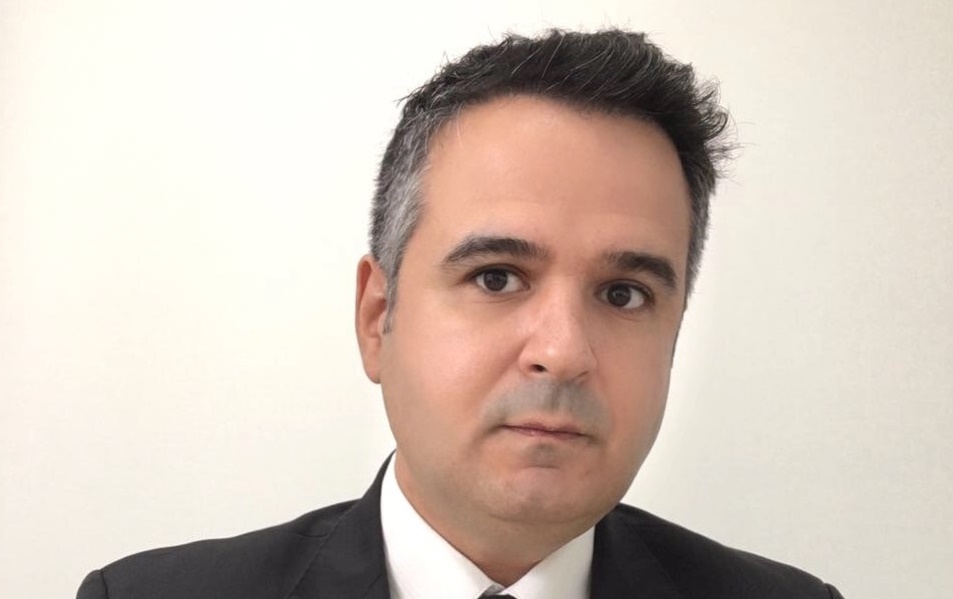
Popularly known as “piracy” of software, the most common modality is the sale of CDs or flash drives with copies of programs or irregular availability via download, practices that have been combated by campaigns promoted in Brazil by BSA in partnership with the Brazilian Association Software Companies (ABES) or actions by the National Council to Combat Piracy (CNCP). However, there are other types of irregular use, which most people and businessmen are unaware of.
Among the irregularities found in the licensing of software use is the installation of the software in multi-user type systems (computer networks), with permission to access the central processing unit - and, therefore, use of the licensed software - in a much higher quantity the number of use licenses officially purchased.
Another very usual practice concerns the territorial issue, when the license agreement for use provides for the use of software in a given company establishment, but the software ends up running in different locations than those provided for in that agreement.
There are also companies that use the computer program after the end of the license agreement expires and forget to renew or spend months negotiating the renewal of the contract, do not sign a new amendment and continue to use the system for an indefinite period.
For this reason, there should be a stricter control of these licenses in organizations, a task that can be attributed to the IT (Information Technology) area or some other, but that cannot be delayed.
Huge are the losses caused to the holders of legitimate copyrights on the software copied, used and / or traded irregularly, it is worth remembering the amount disclosed by the BSA. As for the user, the illegal practice can cause problems of a technical nature (lack of updating and technical support of the software; vulnerability to cyber attacks; exposure of third party data, etc.) and legal, with penalties in the criminal and civil spheres, generating large indemnities. .
In Brazil, the author's patrimonial and moral rights are protected by the Federal Constitution - art. 5, XXVII -, the intellectual property right of computer programs being defined by Software Law No. 9,609 / 98, together with Copyright Law No. 9,610 / 98.
It is worth clarifying that the regularity of the use of a computer program can only be identified through the use license agreement or the tax document, as provided for in Article 9 of Law No. 9,609 / 98 (Software Law).
In addition, the articles of the Software Law, ensure full protection for copyright holders over computer programs of foreign or national origin, regardless of registration or registration, for a period of 50 years from its launch.
There are agile and efficient legal means for companies that hold computer program copyright, who are suffering from the irregular use of the software, to stop such illegal practice and obtain reparations for the damages suffered.
In short, the illegal use of computer programs violates the law, violates the contract (which is a law between the parties) and infringes the intellectual property of the owners of the works, subjecting the infringer to the penalties that the civil and penal laws stipulate, including even the indemnities provided for in articles 102 and 103 of Law 9,610 / 98, which can reach up to 3,000 times the value of the software used illegally.
We also emphasize that, with the enactment of laws that deal with issues related to combating corruption, money laundering and conflict of interests, much has been done about the implementation of compliance programs in corporations. Several companies have dedicated themselves to the implementation of processes that aim to align all departments in accordance with the legal and regulatory rules related to the activities carried out, as well as the internal rules of the companies. Only with the elimination of irregular use of software in a company, will this organization be effectively aligned with a compliance program.
* Partner at MASantos, Côrte Real e Associados - Advogados
ABES Legal Consultant, specialist in Technological Law
Disclaimer: The opinion presented in this article is the responsibility of its author and not of ABES - Brazilian Association of Software Companies.












